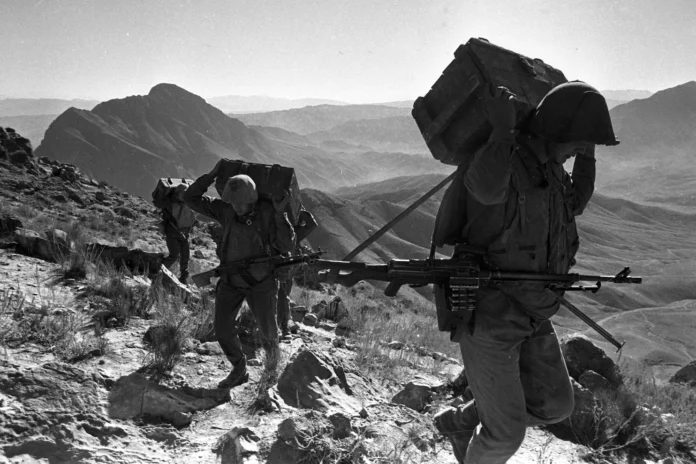Author: David G. Lewis
Affiliation: Associate Professor of International Relations, University of Exeter
Organization/Publisher: The George C. Marshall European Center for Security Studies
Date/Place: July 2020/ Germany
Type of Literature: Journal Article
Number of Pages: 12
Keywords: Taliban, Russian Foreign Policy, NATO, USA, Afghanistan.
Brief:
This Security Insights paper addresses the current Russian political stance in Afghanistan based on a geopolitical and historical analysis, and emphasizes the political and diplomatic efforts of Russia in post-2001 Afghanistan. It highlights the causes of Russia’s late-1990s support for the Northern Alliance against the Taliban and its initial support for the US military intervention in Afghanistan despite holding suspicion towards the Western block, citing the West’s covert support for certain Islamist militant groups. The author argues that Russian influence has dramatically increased to protect its southern flank. During the 1990s, Russia had been a strong opponent of the Taliban, but due to geopolitical and security concerns Moscow developed a new relationship with militant groups by the mid-2010s. The 2014 Ukraine crisis and the NATO troops’ withdrawal from Afghanistan opened up another geopolitical competition between Russia and the West. Russians are concerned about the long-term prospect of US military bases in Afghanistan, as the central Asian border with Afghanistan is a vital strategic interest to Russia. Lewis concludes that Russian involvement in Afghanistan is of a contemporary geopolitical effort rather than a historical memory.
By: Abdullah Jurat, CIGA Senior Research Associate




